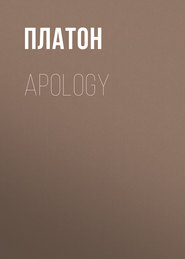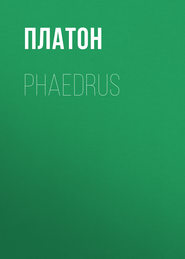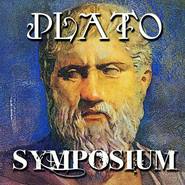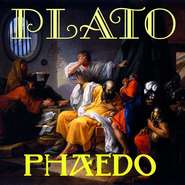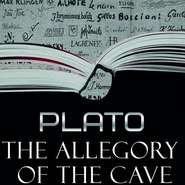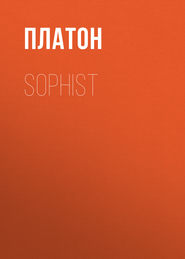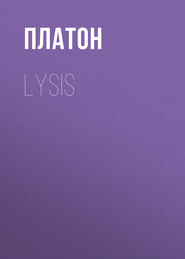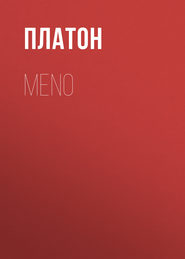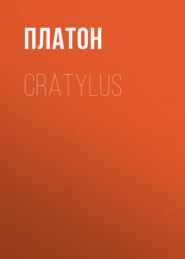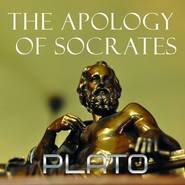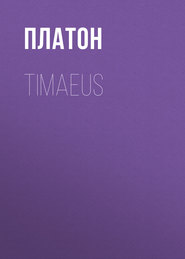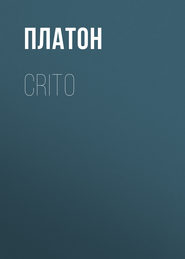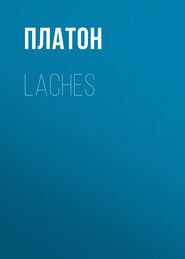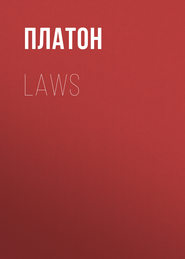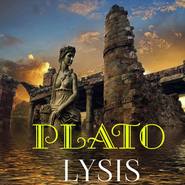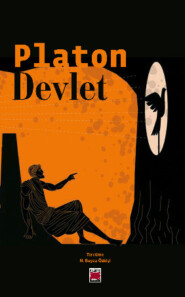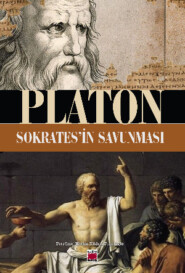Платон
Книги автора: Платон
The Symposium (Ancient Greek: Συμπόσιον, Sympósion [sympósi̯on]) is a philosophical text by Plato dated c. 385–370 BC. It depicts a friendly contest of extemporaneous speeches given by a group of notable men attending a banquet. The men include the p…
The Symposium (Ancient Greek: Συμπόσιον, Sympósion [sympósi̯on]) is a philosophical text by Plato dated c. 385–370 BC. It depicts a friendly contest of extemporaneous speeches given by a group of notable men attending a banquet. The men include the p…
Phædo or Phaedo (Greek: Φαίδων, Phaidōn), also known to ancient readers as On The Soul, is one of the best-known dialogues of Plato's middle period, along with the Republic and the Symposium. The philosophical subject of the dialogue is the immortali…
Phædo or Phaedo (Greek: Φαίδων, Phaidōn), also known to ancient readers as On The Soul, is one of the best-known dialogues of Plato's middle period, along with the Republic and the Symposium. The philosophical subject of the dialogue is the immortali…
The Allegory of the Cave, or Plato's Cave, was presented by the Greek philosopher Plato in his work Republic (514a–520a) to compare «the effect of education (παιδεία) and the lack of it on our nature». It is written as a dialogue between Plato's brot…
The Allegory of the Cave, or Plato's Cave, was presented by the Greek philosopher Plato in his work Republic (514a–520a) to compare «the effect of education (παιδεία) and the lack of it on our nature». It is written as a dialogue between Plato's brot…
The Apology of Socrates was written by Plato. In fact, it’s a defensive speech of Socrates that he said in a court noted down by Plato. The main subject of the speech is a problem of the evil. Socrates insists that neither death nor death sentence is…
The Apology of Socrates was written by Plato. In fact, it’s a defensive speech of Socrates that he said in a court noted down by Plato. The main subject of the speech is a problem of the evil. Socrates insists that neither death nor death sentence is…
Lysis (Greek: Λύσις), is a dialogue of Plato which discusses the nature of philia (φιλία), often translated as friendship, while the word's original content was of a much larger and more intimate bond. It is generally classified as an early dialogue.…
Lysis (Greek: Λύσις), is a dialogue of Plato which discusses the nature of philia (φιλία), often translated as friendship, while the word's original content was of a much larger and more intimate bond. It is generally classified as an early dialogue.…
Adil insan kimdir? Adil yönetici nasıl olmalı, nasıl yetiştirilmelidir? Dünyadaki en adil ve mutluluk veren yönetim şekli hangisidir? MÖ 340'larda yazılan bu eserin temel soruları bunlardır. Atina'da daha önce görülen hükûmetlerle ve mevcut hükûmet b…
Adil insan kimdir? Adil yönetici nasıl olmalı, nasıl yetiştirilmelidir? Dünyadaki en adil ve mutluluk veren yönetim şekli hangisidir? MÖ 340'larda yazılan bu eserin temel soruları bunlardır. Atina'da daha önce görülen hükûmetlerle ve mevcut hükûmet b…
Platon’un en şiirsel eserlerinden biri olan Sokrates’in Savunması, dinsizlikle suçlanan Sokrates’in ağzından yargılanışı ve kendisini savunmasını felsefi bir pencereden okuyucuya aktarmaktadır. Sokrates’in tarihî savunması, evrensel ve her daim günce…
Platon’un en şiirsel eserlerinden biri olan Sokrates’in Savunması, dinsizlikle suçlanan Sokrates’in ağzından yargılanışı ve kendisini savunmasını felsefi bir pencereden okuyucuya aktarmaktadır. Sokrates’in tarihî savunması, evrensel ve her daim günce…


